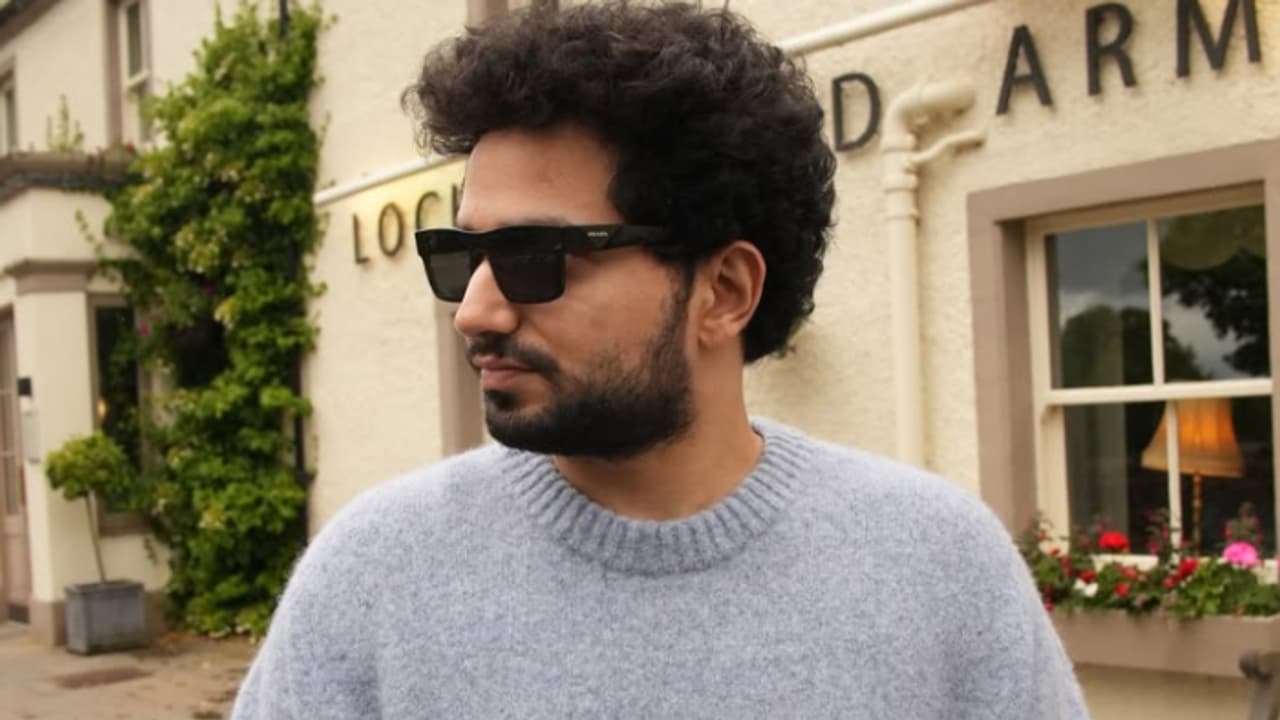The Supreme Court reprimanded several comedians for making insensitive jokes about people with disabilities. Following a plea by the SMA Cure Foundation, the court directed the comedians to issue public apologies on social media
The Supreme Court on Monday criticized several comedians for making what it termed “insensitive jokes” about persons with disabilities in their stand-up performances, and directed them to issue apologies not only before the court but also on their social media platforms.
The matter was taken up following a plea filed by the SMA Cure Foundation, which accused comedians Samay Raina, Vipun Goyal, Balraj Paramjeet Singh Ghai, Sonali Thakkar, and Nishant Jagdish Tanwar of ridiculing differently abled people through their acts.
The bench, while addressing the case, remarked that humor as a part of life is acceptable when directed at oneself, but becomes problematic when it is at the expense of others, especially entire communities. The judges pointed out that comedians and influencers of the present day were commercializing speech, and warned that communities should not be targeted in a manner that causes them pain or humiliation.
Counsel representing the comedians informed the bench that the performers had already issued an unconditional apology. Justice Surya Kant, however, cautioned them by saying that if such conduct were repeated, the court might have to consider imposing penalties. The judges further directed the comedians to make the same apology public through their social media accounts.
The plea was also listed alongside petitions filed by influencers Ranveer Allahabadia and Ashish Chanchlani, who had requested the clubbing of FIRs lodged against them in connection with comedian Samay Raina’s “India’s Got Latent” controversy.
During the proceedings, Justice Joymalya Bagchi observed that many influencers were commercializing speech in ways that could potentially harm vulnerable groups, stressing that such expression should not come at the expense of communities’ dignity.
Counsel for the petitioners added that the comedians’ apology should ultimately serve the interests of persons with disabilities. Justice Kant further noted that while the present matter concerned the disabled, future instances could involve women, children, or senior citizens, raising questions on where such trends might lead if unchecked.
